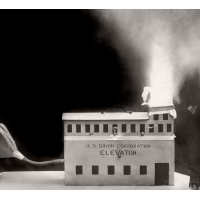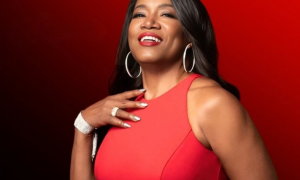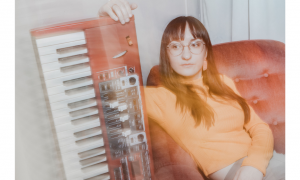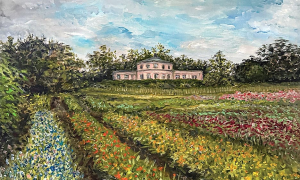Improvisation, a fundamental quality of jazz, is by nature a risky business. The act usually involves a confrontation between two perspectives--that of a composer and that of a performer or performers--with the goal of achieving a combination informed and enriched by both perspectives. At its idealistic peak, as in recent large-ensemble works by the composer and bandleader Anthony Braxton, improvisation can represent a vision of collaborative democracy.
Yet even when you approach improvisation with the purest of intentions and the sharpest of skills, you're never entirely certain what will happen. So it was no surprise that in two concerts presented by the first Jazz Composers Orchestra Institute in the Miller Theater at Columbia University on Friday and Saturday evenings, a feeling of agendas in uncertain collusion extended beyond the music performed by the Wet Ink Ensemble and the American Composers Orchestra.
The institute, jointly presented by the orchestra and the university's Center for Jazz Studies, brought together 34 jazz artists for a five-day crash course in writing for classical performers. Distinguished figures from the classical and jazz worlds--and some who flourish in both spheres, like the trombonist and composer George Lewis--led seminars dealing with instrumental techniques; modern repertory; practical concerns, like publishers and copyists; and, yes, improvisation.
Yet even when you approach improvisation with the purest of intentions and the sharpest of skills, you're never entirely certain what will happen. So it was no surprise that in two concerts presented by the first Jazz Composers Orchestra Institute in the Miller Theater at Columbia University on Friday and Saturday evenings, a feeling of agendas in uncertain collusion extended beyond the music performed by the Wet Ink Ensemble and the American Composers Orchestra.
The institute, jointly presented by the orchestra and the university's Center for Jazz Studies, brought together 34 jazz artists for a five-day crash course in writing for classical performers. Distinguished figures from the classical and jazz worlds--and some who flourish in both spheres, like the trombonist and composer George Lewis--led seminars dealing with instrumental techniques; modern repertory; practical concerns, like publishers and copyists; and, yes, improvisation.


























